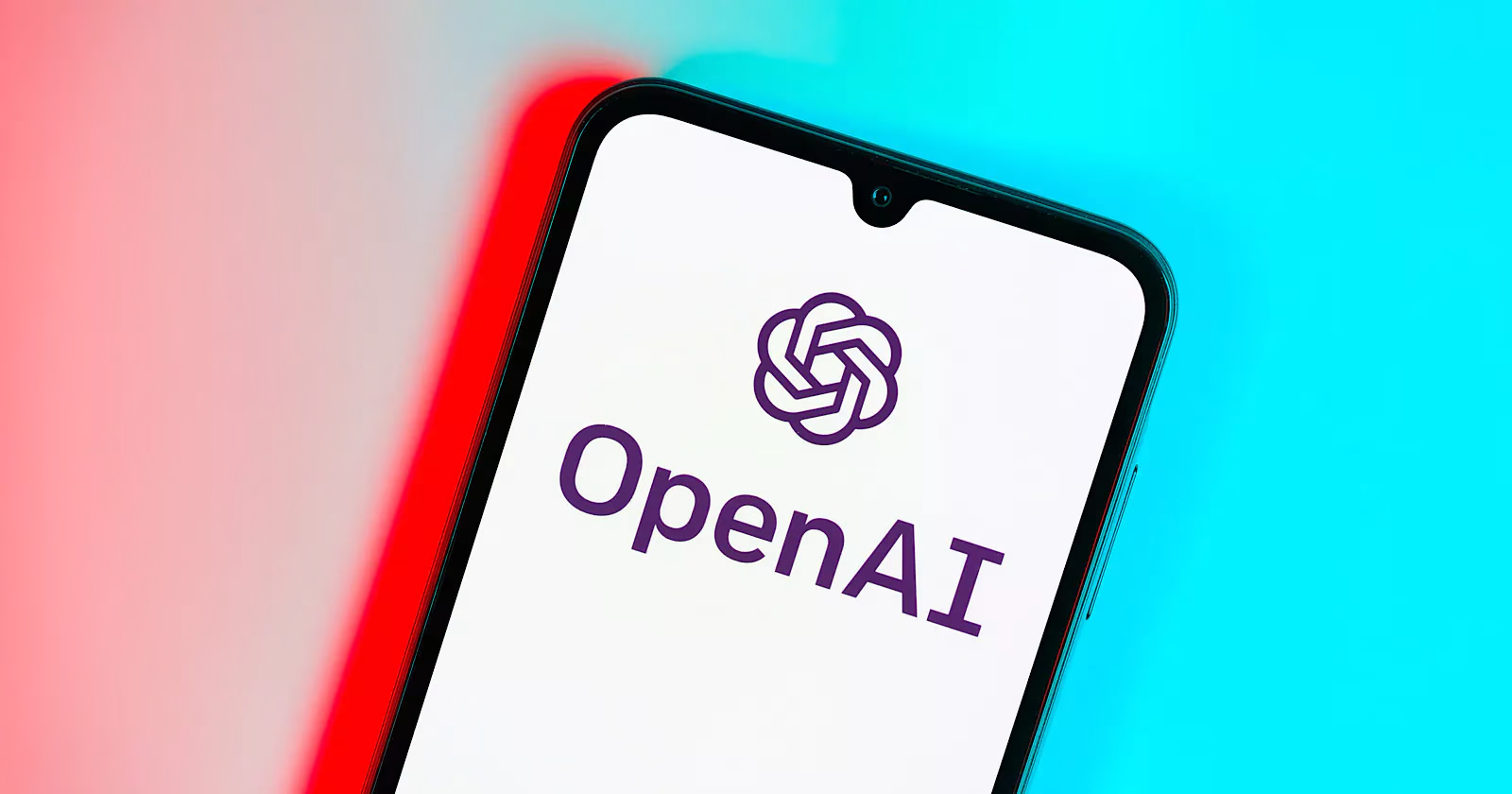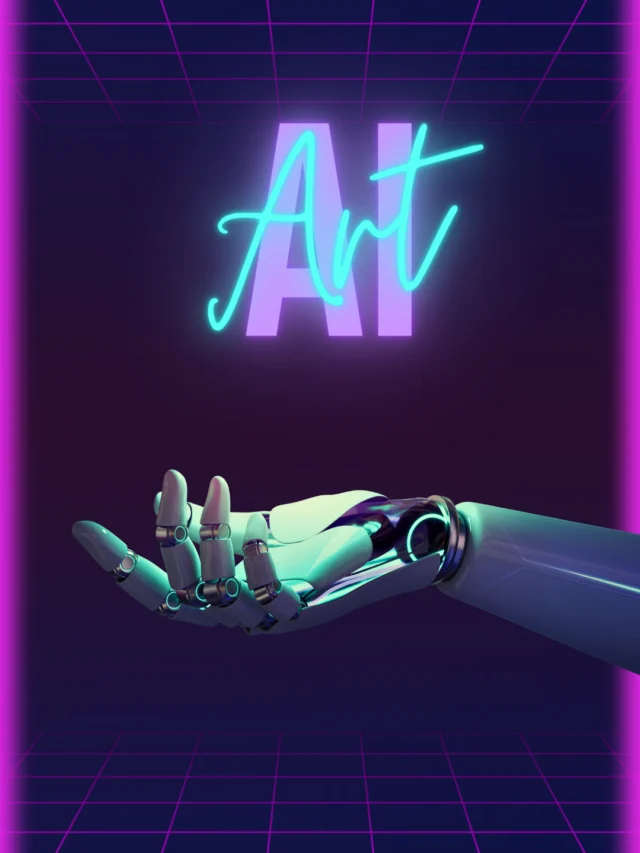OpenAI has unveiled its latest language model “o1”, claiming advances in complex reasoning capability.
The company claimed in an announcement that its new o1 model is on par with human performance in math, programming, and scientific knowledge tests.
However, its actual impact is still in the realm of conjecture.
Extraordinary claims
According to OpenAI, the o1 model can score in the 89th percentile in competitive programming challenges organized by Codeforces.
The company says its model can place among the top 500 students in the American Invitational Mathematics Examination (AIME).
Furthermore, OpenAI also claims that o1 has surpassed the average performance of PhD-holding human experts in a combined physics, chemistry, and biology exam.
These are extraordinary claims, and until these are openly scrutinized and tested, it is important to be cautious.
Reinforcement learning
The alleged breakthrough lies in o1’s reinforcement learning process, which is designed to teach it to solve complex problems using an approach called “chain of thought.”
OpenAI claims that by simulating human-equivalent logical steps, correcting mistakes, and adjusting strategies before providing a final answer, o1 has developed better reasoning skills than standard language models.
Impact
It’s unclear how o1’s alleged reasoning will enhance the ability to generate answers and understanding of questions in math, coding, science, and other technical subjects.
From an SEO perspective, anything that improves the interpretability of content and improves the ability to answer questions directly can have a big impact. Still, caution should be exercised until we get third-party tests.
OpenAI must move beyond benchmarking and provide objective and reproducible evidence to support its claims. Incorporating the o1’s capabilities into real-world pilots should help demonstrate its practical use cases.
Article and image credit: searchenginejournal












